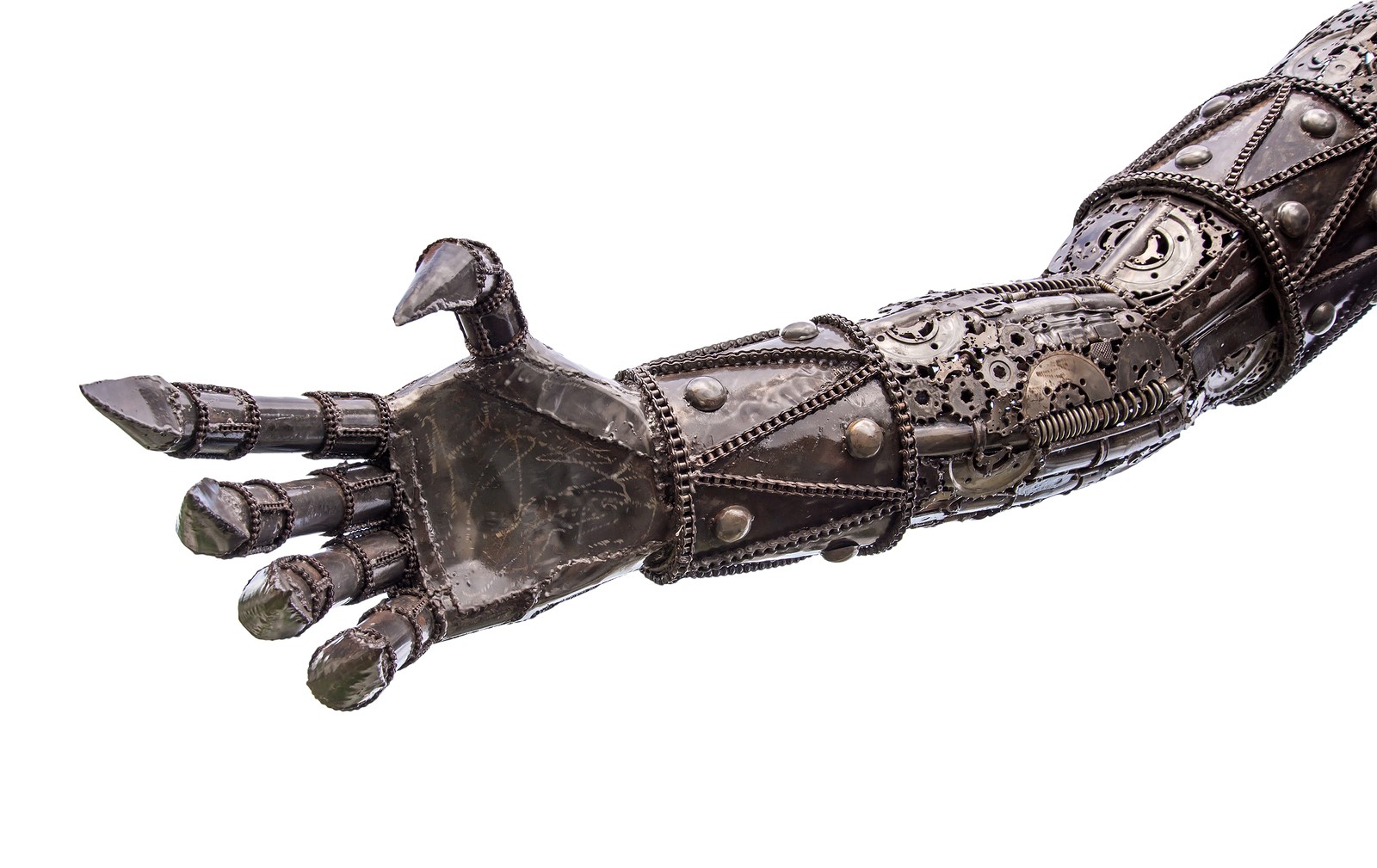
A year ago around June, Olympian Amy Van Dyken-Rouen got involved in an ATV accident that injured her spinal cord, leaving her paralyzed from the waist down. According to The Denver Post, despite the seriousness of her injury, she remained upbeat and totally engaged with her visitors and online supporters. Experts say that this positive attitude can have a positive impact not only for her emotional recovery, but for her physical healing as well. Though negative thoughts are normal after a debilitating injury such as Dyken-Rouen’s, the idea of the healing properties of positivity remains strong. In The Denver Post article, Dan Gottlieb, a Philadelphia-based psychologist, claims that plenty of studies show that the right attitude can help patients who undergo surgery experience less pain and recover more quickly afterwards. “Attitude is everything,” he said
http://bit.ly/1QjF93w






